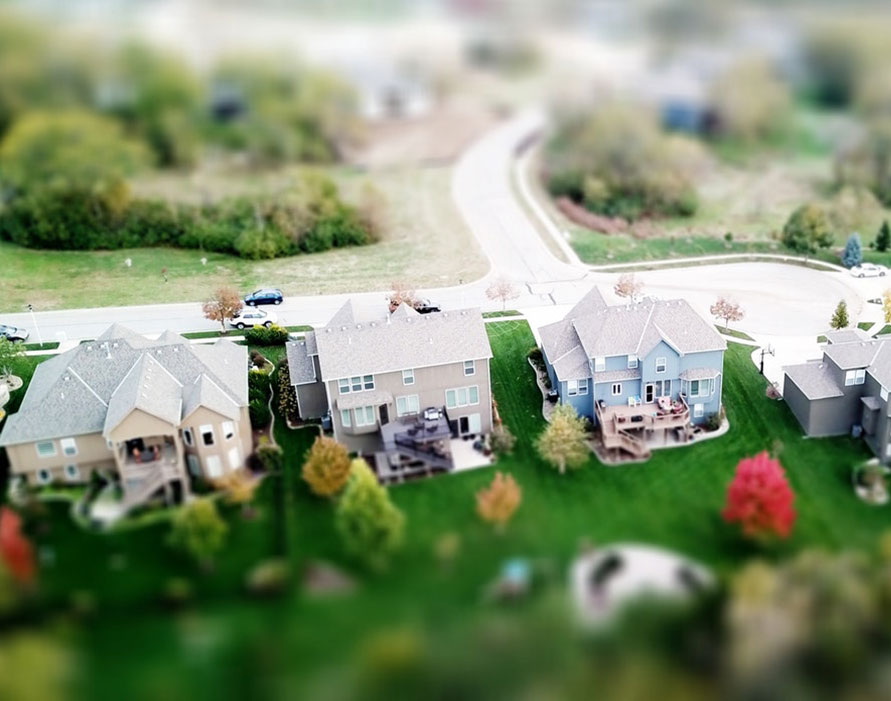A Breakdown of Traditional HOA Fees
Deciding to buy a home located in a homeowner’s association (HOA) community is a big decision for many families, as it doesn’t always offer the same freedoms as living in a traditional neighborhood. HOAs have rules and regulations in place for homeowners to follow, in addition to its monthly HOA fees.
If you are concerned about the additional expense of HOA fees, here is everything you need to know.
What Are HOA Fees?
HOA fees are paid to the association to cover operating expenses, make improvements to the community, and fund replacement reserves. Every community offers different features and amenities, creating unique costs that will determine the amount of the fees. When house hunting in HOA communities, it is recommended that buyers request a copy of the association covenants, conditions, and restrictions (CC&Rs) as well as a copy of the current operating budget to understand what the dues cover.
Six Things HOA Fees Cover
Since every community is different, here are some items that HOA dues may potentially cover in a community.
Insurance
In addition to your homeowner’s insurance, the association also needs to carry and maintain several insurance policies. Every HOA should have general liability and commercial property insurance in place to cover damage or injuries in common areas. They also need directors and officer’s insurance to protect board members, and those with employees are required to have worker’s compensation insurance in many states.
Utilities
All homeowners pay for standard utilities, including water, sewer, and trash pickup. When you live in an HOA community, the association may pay for some or all these bills on behalf of homeowners, so they collect the charges as part of the monthly HOA fee.
Reserve funds
In addition to common upkeep and maintenance, some associations set aside money every month in a special reserve fund. This money is used to fund larger or unforeseen projects, like a roof replacement in a common area.
Snow removal and lawn care
Some associations hire landscaping companies to handle lawn care in community playgrounds or picnic areas, as well as to remove snow and ice in the winter from sidewalks and parking lots.
Pest control
Depending on the area you live, pest control may be a necessary expense for the association to prevent rodents or insects from destroying homes in the community. This fee is more common in HOAs with detached properties.
Maintenance
One of the most significant benefits of living in a community with an HOA is the convenience it offers with onsite amenities. Pools, fitness centers, playgrounds, walking trails, and snow removal are just a few of the perks in some communities. One of the primary obligations of an association is continued maintenance and upkeep of these areas, which is covered by the dues.
AR Management can assist homeowner associations with property upkeep, financial strategies, and communication with residents. If your HOA can benefit from our help, contact the office to learn more!




